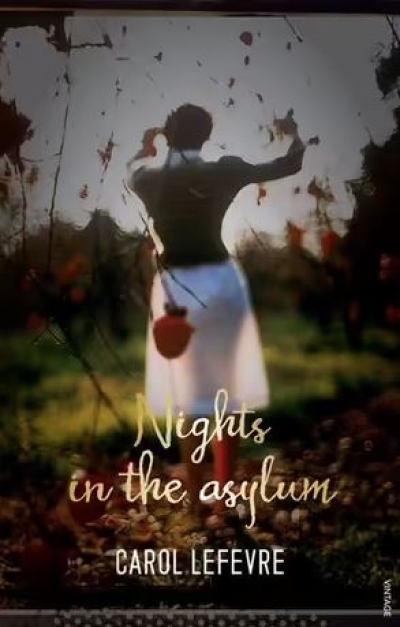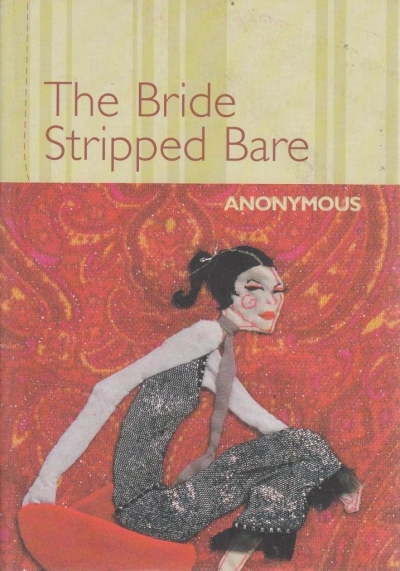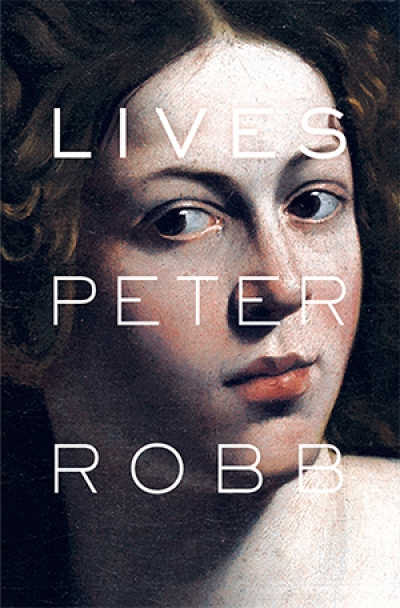Owen Richardson

Owen Richardson studied philosophy at the University of Melbourne and has been writing about books, film, and theatre since the early 1990s. Besides Australian Book Review, he has been published in The Age, The Sunday Age, The Australian, The Australian Literary Review, Sydney Morning Herald, The Monthly, Scripsi, and Meanjin.
You have to sympathise with Nikki Gemmell. When she described her sense of liberation on deciding to publish The Bride Stripped Bare anonymously, she seemed to have in mind only a desire not to offend people close to her. She would also have liberated herself from the literary celebrity machine. But, once the game was up, she got even more of it than she would otherwise have done. It doesn’t see ... (read more)
Peter Robb, in this collection of some of his journalism, quotes E.M. Forster’s remark about Constantine Cavafy: that he lived ‘absolutely motionless at a slight angle to the universe’. That line is half true of Robb’s subjects in this book. They have a way of existing at an angle to the universe, but they are not at all motionless. The lives in this book have trajectories and velocities t ... (read more)
In David Foster Wallace’s Infinite Jest, set half at a tennis academy and half at a rehab centre, one of the characters says that junior athletics is about sacrificing the ‘hot narrow imperatives of the Self’ to ‘the larger imperatives of the team (OK, the State) and a set of delimiting rules (OK, the Law)’. Meanwhile, the rehab inmates are learning, with the help of the twelve-step prog ... (read more)



